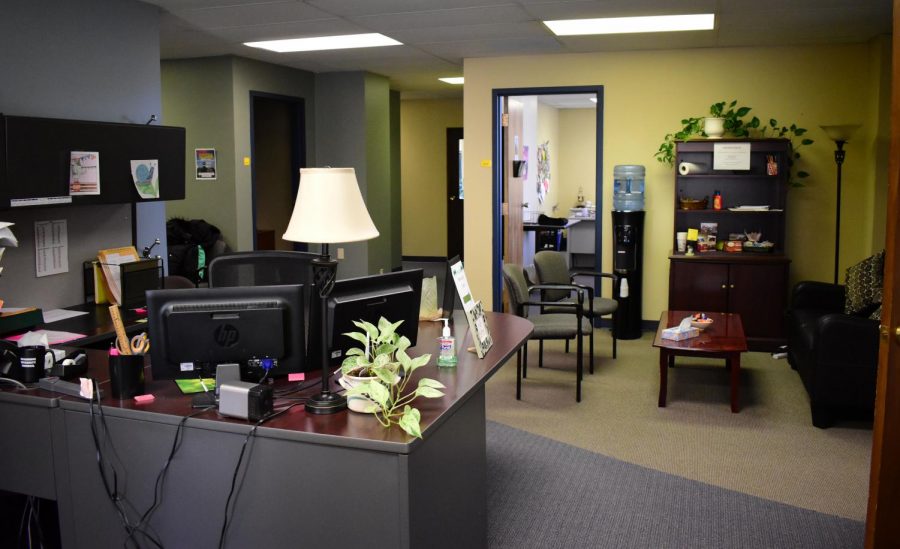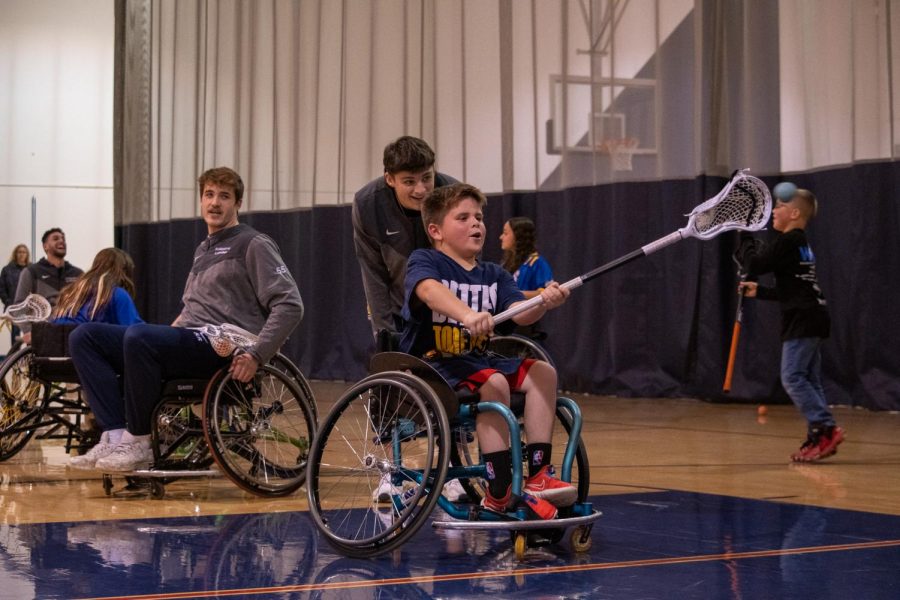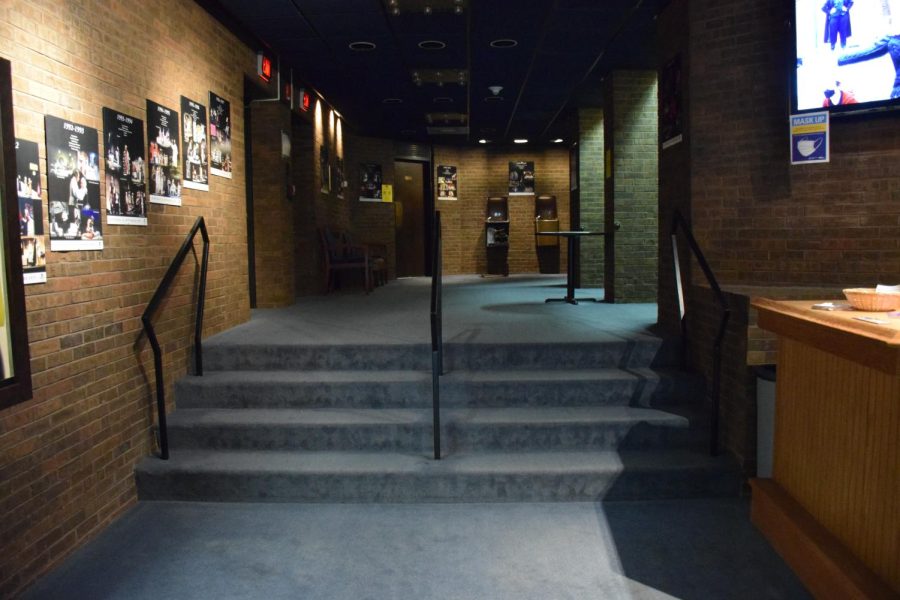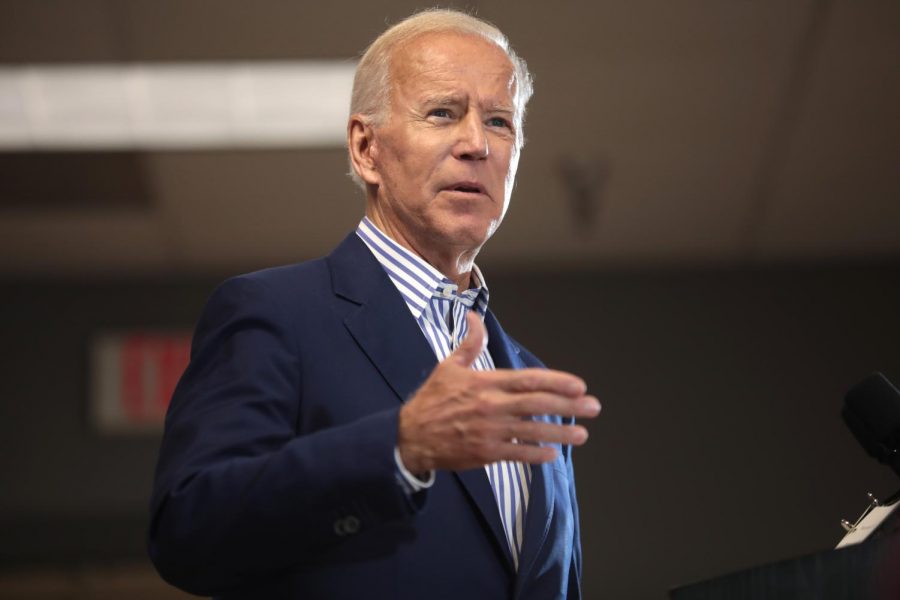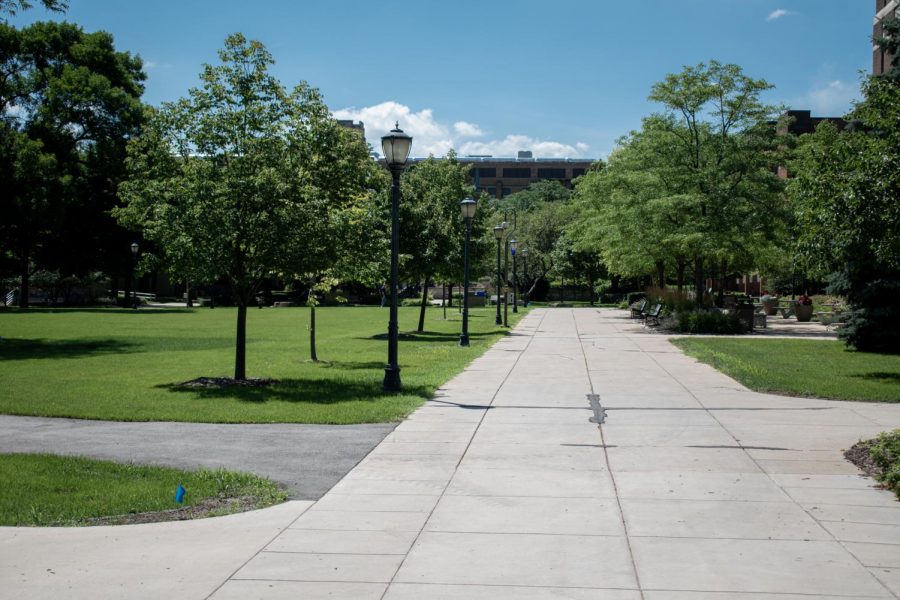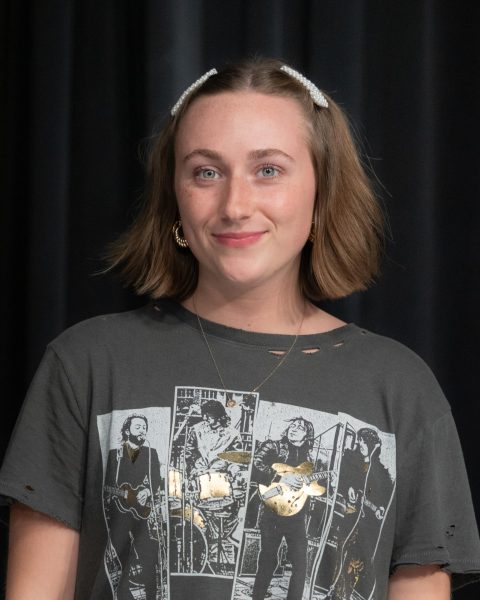We live in a world where a lot of people struggle to empathize with others who bear burdens or walk lives that they do not – being a different gender, race, sexuality, class or creed and the implications associated with those identities set everyone apart. But, disability is the only identity that impacts all minority groups.
According to the National Center for Education Statistics, about one-third of students who have a disability while attending college actually reported it to their school. That leaves the majority of college students with a disability unassisted and their schools in the dark.
There could be numerous potential reasons that students do not report their disability. The fear of ostracization from their peers is one.
Understandably, it can be intimidating for students with a disability to get involved at their schools for fear of rejection or judgment. Although we live in an ever-evolving world, that does not mean we are without bullies or tyrants. The prospect of joining sports, clubs, Greek life or other student organizations can be daunting for students who fear whether or not they will be accepted.
Students with disabilities should definitely not be intimidated by is their on-campus resource center. At Marquette University, the Office of Disability Services provides students with test proctoring information, disability accommodations documents and other accessibility information.
The umbrella term “disability” can cover a lot of areas.
Students with a disability could have autism, anxiety, hearing or visual impairments or a wide variety of other neurodivergent disorders. Because there are so many disabilities that college students can experience, it is important that none are neglected. Each disability is unique and intricate; they all deserve special attention.
We still have a stigma in this country surrounding mental illness. A 2021 statistic shows that 15% of people believe that those with a mental illness are a “burden to society.”
For college students in a vulnerable and transitionary period of their life, this kind of stigma can be even more frightening. The question becomes how to effectively combat this. And really, it does begin with the people with power.
Student-athletes have a unique college experience regarding disabilities and mental health. Recently, we have seen an increase in student-athlete suicides. Balancing their sport, work, school and, for some, disabilities places a lot of weight on their shoulders. It is important that schools have specified resources for student-athletes.
Professors must be accepting and encouraging of students with a disability. Students have expressed frustration with their professors for either outright rejecting or expressing annoyance with their ODS accommodations. Although this is a clear violation of the student’s rights, it still happens.
Marquette must have a clear and strong stance on ODS accommodations: They will be accepted and validated. Whether students need a translator, need to use technology in class, need extra time on their exams or other resources, their accommodation and their disability must be respected.
At the Marquette Wire, we must also continue to strive for transparency.
Recently, we have added captions to our Marquette University Television segments, so that people who are hard of hearing can still watch and enjoy. At the Marquette Tribune, we have continued to expand our coverage and strive to discuss topics of every realm. We have created an editor of diversity and inclusion position, as well as a content coach, which helps us stay accountable and on top of how to best tackle diverse issues.
With that said, the work is not done. Between our society, university and student media, we have a lot of work to do. Students with a disability deserve transparency, action and acceptance – we must all do better for them and for ourselves.
This story was written by Grace Cady. She can be reached at grace.cady@marquette.edu.


